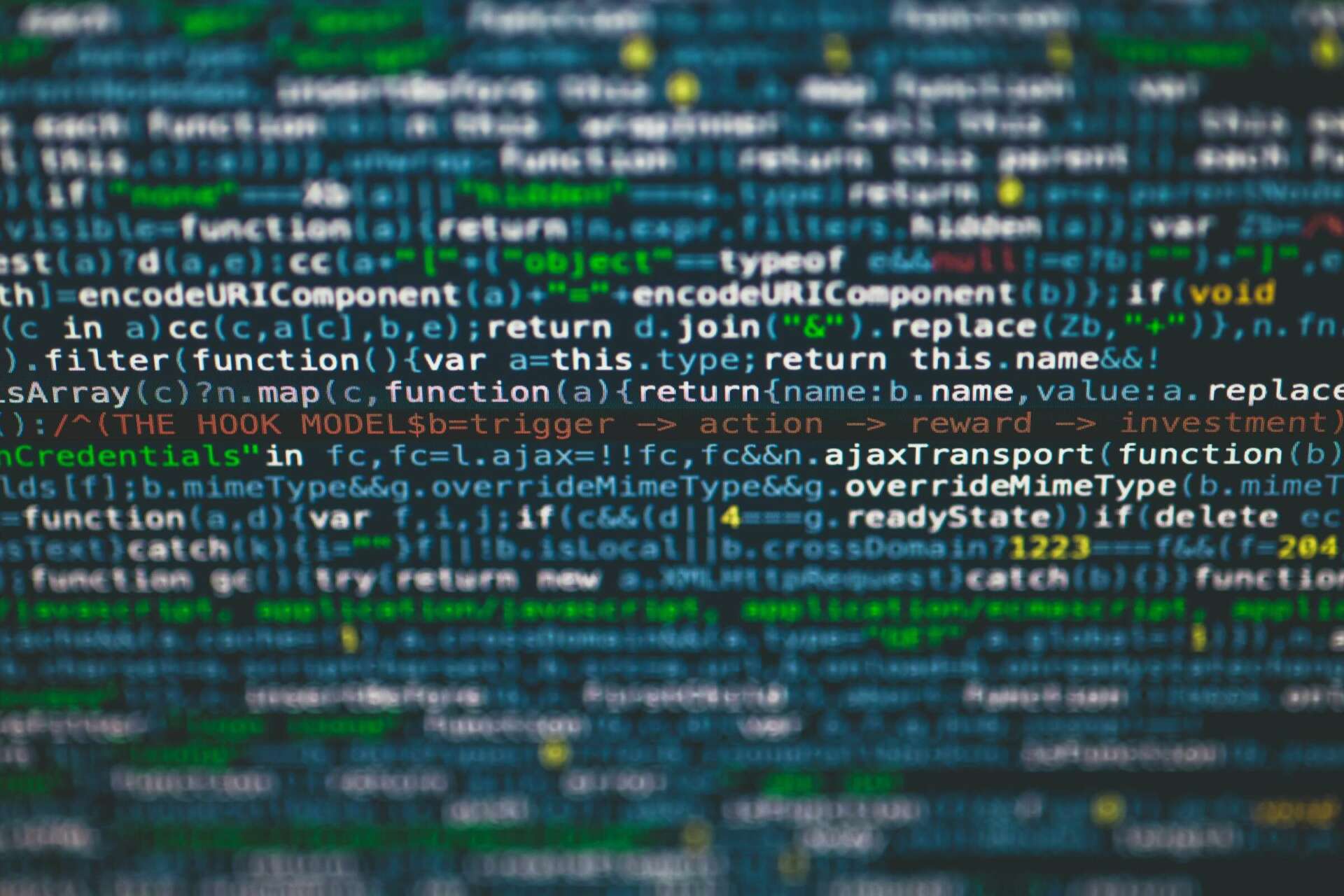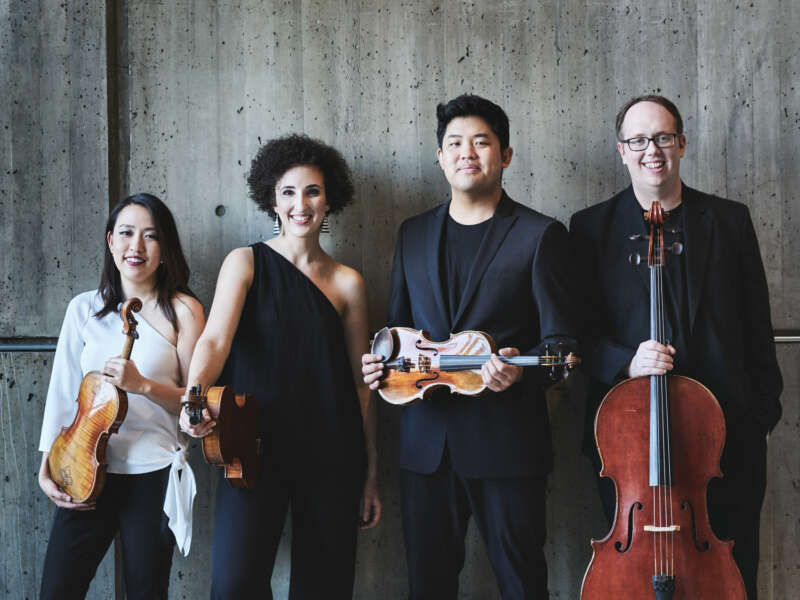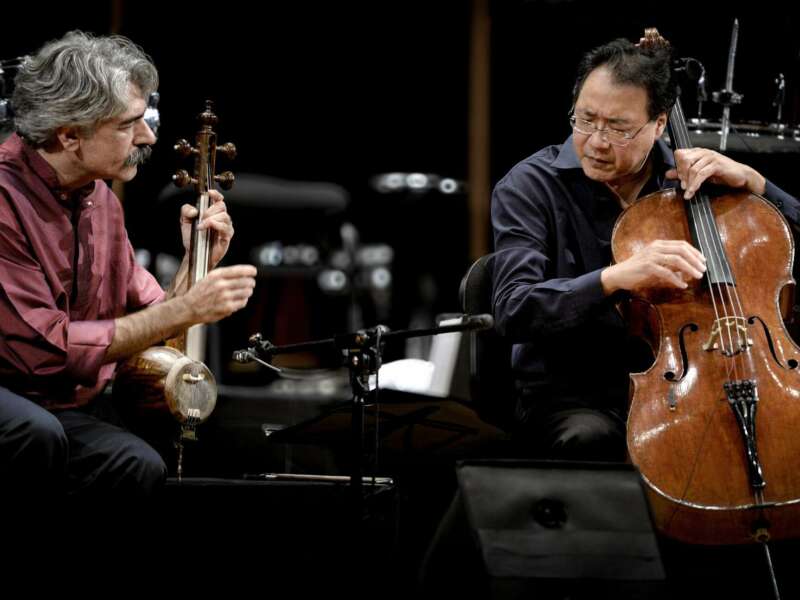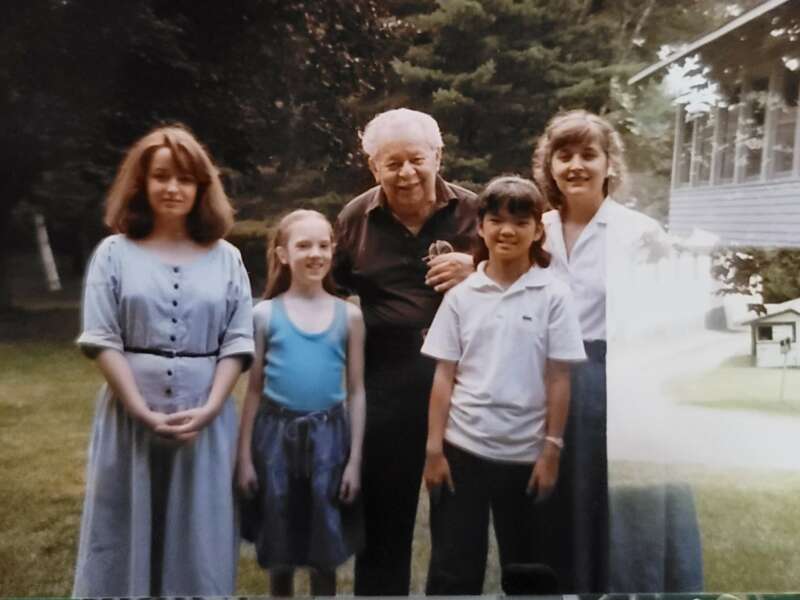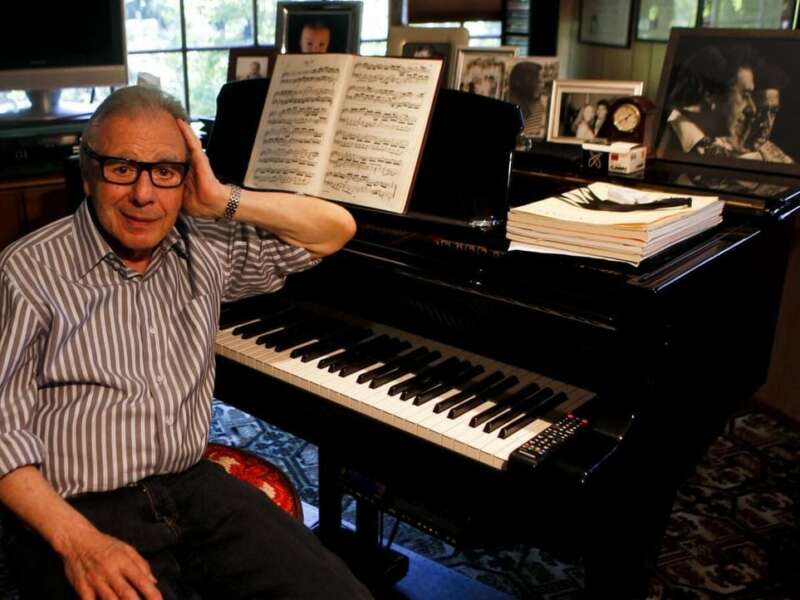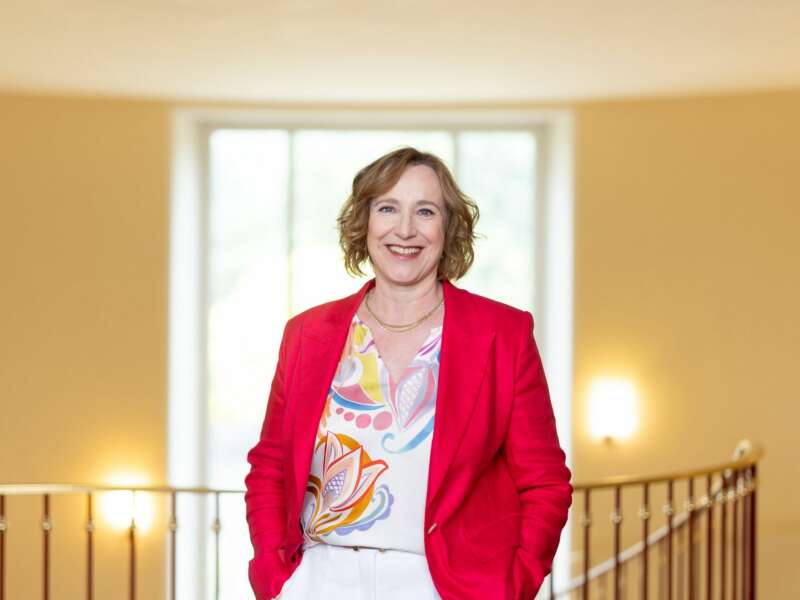Major UK Arts Companies Release Statement Condemning Government Approach to Copyright and AI
The CEOs of Glyndebourne, the London Symphony, the Royal Ballet, and more have called on the government to defend the "fragile ecosystem of freelance creatives" against AI
Executives representing a number of the UK's most prominent arts organizations have recently released a statement responding to the UK government's proposed changes to the law around copyright and artificial intelligence.
The proposed changes will allow AI companies to use artists' creative works as training data for their models without consent or payment. Additionally, this would be governed by an opt-out model, which critics of the proposed changes say fails to protect the rights of artists.
Updates to the legislation have recently been criticized by the newly-founded Creative Rights in AI Coalition. The coalition was launched following nationally representative public polling from Reset Tech and YouGov, which found that a majority of the public supports transparency in the training of AI models.
Those who have signed the statement include the senior executives of the Royal Albert Hall, Southbank Centre, Royal Ballet and Opera, London Philharmonic Orchestra, London Symphony Orchestra, Royal Philharmonic Orchestra, English National Opera, Glyndebourne, Britten Pears Arts, City of Birmingham Symphony Orchestra, Bournemouth Symphony Orchestra, Bristol Beacon, Garsington Opera, Opera North, and Royal Liverpool Philharmonic.
"We join with many in the creative community in expressing our concern about the government’s plans to diminish creative copyright by giving an exemption to AI companies," the statement reads. "Our community of highly skilled creative workers depend on a fragile ecosystem of freelance creatives, many of whom rely on copyright to sustain their practice, and most of whom have spent many decades honing their craft."
"As leaders of creative institutions, we embrace advances in technology. We are not separate from innovation but rather participants in its practical applications and the philosophical and moral questions it raises. We are concerned that the government proposals risk undermining agency and participation in the new world of AI rather than supporting the moral and economic rights of our creative community to their work. As such we ask the government to underline a creative person’s automatic right to their work and ask that the government support transparency duties on AI companies."
"The sheer wonderment of world class music, drama, dance and opera is essential to the joy of being human. We urge the government to support the human creative endeavor at its heart."
june 2025
july 2025


